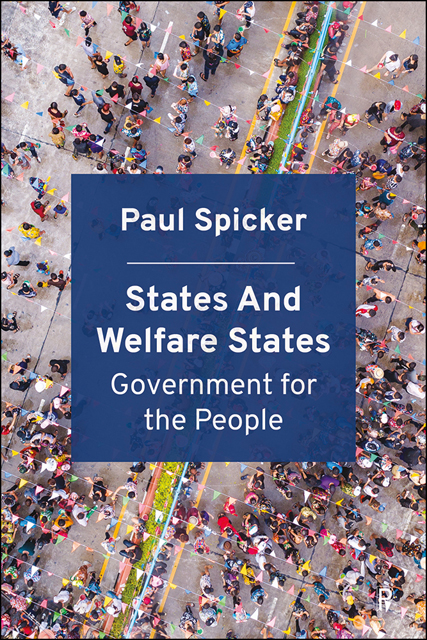6 - The scope of legitimate action
Published online by Cambridge University Press: 20 June 2023
Summary
Summary
Any adequate account of the state should be able to determine what a government is legitimately able to do, and this chapter considers four different views which offer answers to that. Liberalism saw the duty of the state as being to enhance the rights and freedoms of individuals; collective action could be taken by consent. Social democrats use the state as an instrument to make principled change. Communitarian conservatives stress particular duties rather than general rights, working with the grain of the social order. Neoliberals advocate laissez-faire and free markets; the legitimate role of the state is consequently limited.
The picture of government activity that I have outlined is at some remove from the political theory I cited at the beginning of this book. Government is rule-bound: the same processes by which governments set the rules – the conventions of sovereignty and the rule of law – also bind the institutions of government. Governments are not in control. They are expected to deal with complex, multi-faceted issues. Although they have a wide variety of tools they can summon and options they can take, the complexity of the process they are engaged in, the constraints that governments work under and the reliance on civil society make the outcomes uncertain. And governments are not the only actors in the field. They have to recognise the role of others, and other governments, and adapt their responses accordingly.
In this second part, I want to explore the norms and values that might influence government provision for welfare. There are two key dimensions to consider: the scope of a government’s powers, and the duties it owes to its citizens.
In relation to the power of governments, the main moral questions relate to the extent to which governments can legitimately act to bring about intended effects, and the moral constraints that they are bound to accept. In normative terms, the most important distinctions lie between those who argue that governments are only able to do those things which they are specifically empowered to do, and those which hold that government ought legitimately to be able to do whatever is appropriate in the circumstances.
- Type
- Chapter
- Information
- States and Welfare StatesGovernment for the People, pp. 69 - 82Publisher: Bristol University PressPrint publication year: 2022



